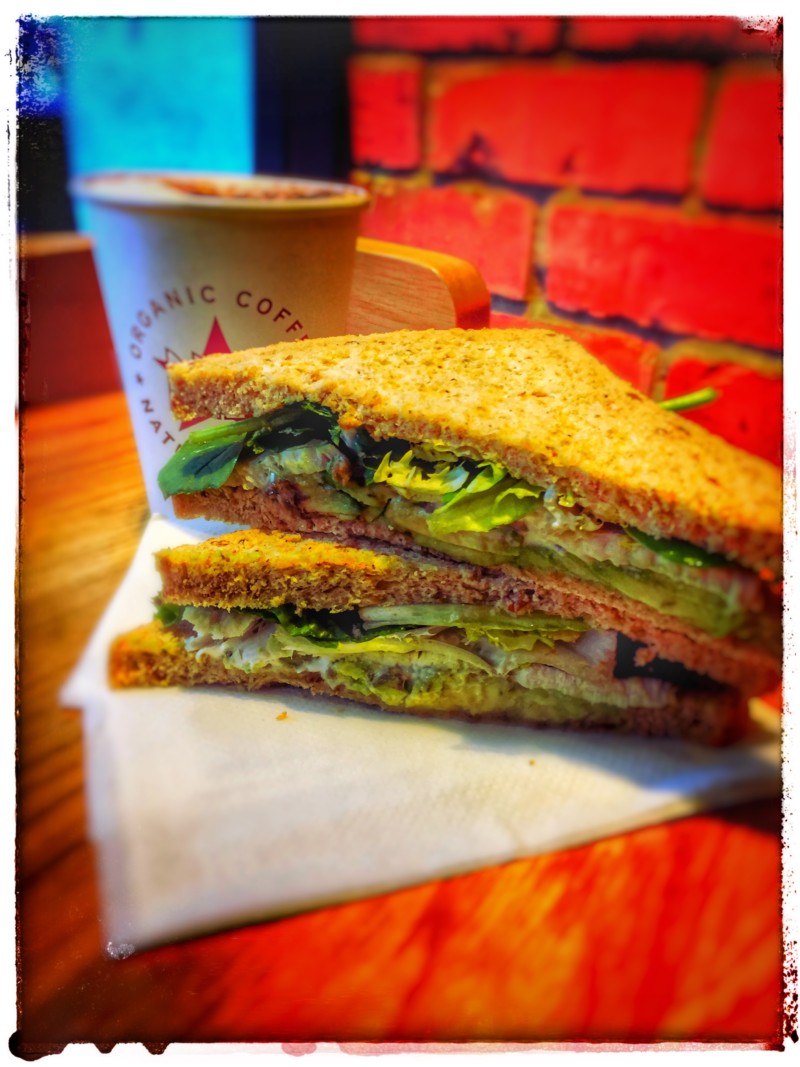
One day last week, I was feeling down when I went to get my lunch. Somehow on my way home the night before I’d managed to drop my cardholder but had only realised that morning. Of course, I was gutted.
Obviously I took all the necessary precautions: cancelling my debit card, ordering replacements of my driving licence and my rail card, but I must have been looking sad when I wandered into a local sandwich shop to get something to eat.
When I went up to the counter, the cashier asked,
“What’s wrong?”
I explained that I’d managed to lose everything and was feeling a bit upset about it. He looked at me sympathetically and said,
“That’s horrible. It’s happened to me too – here. Lunch is on the house.” I was, needless to say, surprised.
“Are you sure?” I asked – I was able to pay, but he was having none of it.
“Don’t worry about it – it’s fine!” was the reply.
I was stunned – I’d just been given my entire lunch for free. I thanked him wholeheartedly and went on my way, with my day a little bit brighter. It was a lovely random act of kindness that I hadn’t expected at all. What I hadn’t realised is that this is actually part of this particular company’s policy.
The idea of a random act of kindness is, of course, to make people feel a little bit happier, and it seems the Chief Executive for this particular sandwich shop decided this was the best way forward for his company. Instead of using a loyalty card scheme, he would use that money as a fund for his employees to reward their customers with free sandwiches and coffees. In 2015, he wrote:
“We didn’t tell our team members whom they should favour. We let them decide. They could welcome a new customer, cheer up somebody having a bad day or recognise a regular. They could use it to solve a problem.”
It turns out that this isn’t the only company to use random acts of kindness as a way of connecting with people not just as consumers, but also as humans, to help improve customer experience. One of the biggest was perhaps a Twitter campaign launched by a floristry company to send bouquets to those tweeting about having a bad day, sparking many other large corporations to jump on the bandwagon.
If we talk about the science, it’s been proven that random acts of kindness make us feel good. A 2010 Harvard Business survey of happiness in 136 countries found that those who were altruistic financially, through say charitable donation, were happier overall. Similarly, the idea of a ‘helper’s high’ is present when helping someone. When you carry out an act of kindness, you receive a very similar feeling to that of a recipient through a release of endorphins, as suggested by a study by Emory University. It’s associated with the same area of the brain that is related to receiving rewards and experiencing pleasure.
So even though I’d lost some very important things in my cardholder the day before, it didn’t seem to matter anymore because someone noticed I wasn’t happy, and used that opportunity to try and cheer me up. The cashier’s random act of kindness left me with a smile on my face for the rest of the day, and after that I wasn’t really thinking about my lost cardholder. Perhaps the world isn’t so bad after all.
Jo.
